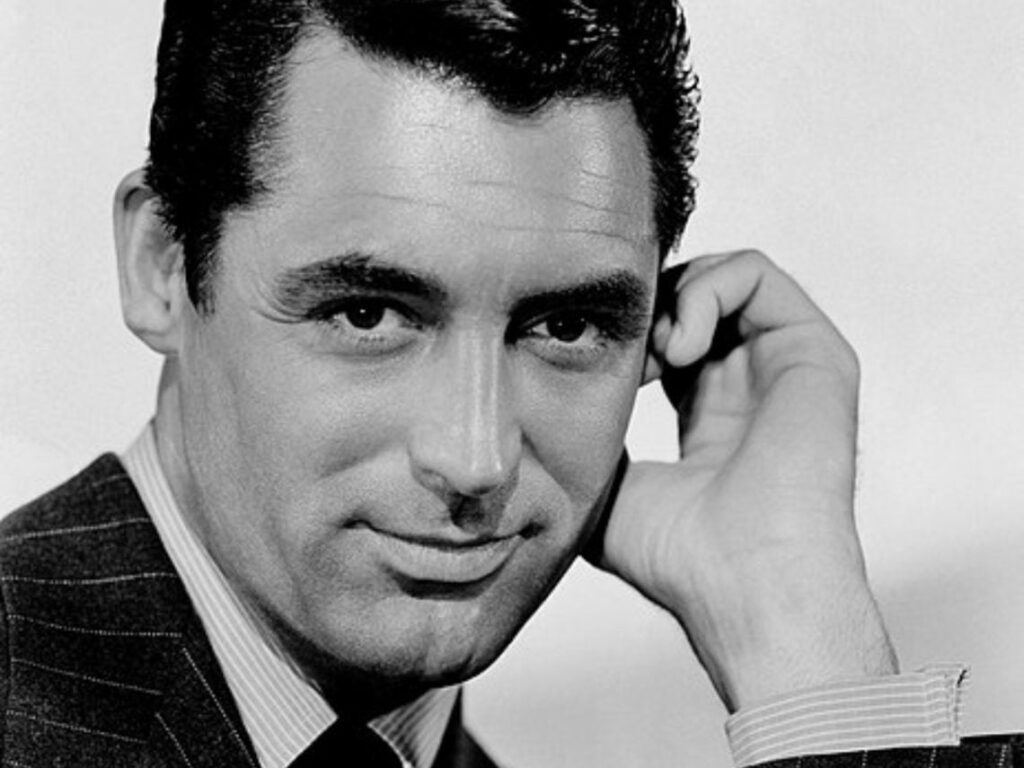Why Cary Grant hated “deplorable” criticism of Alfred Hitchcock: “It gets you nowhere”
 Posted On
Posted On
(Credit: RKO publicity)
It’s impossible to try and state a case that Alfred Hitchcock isn’t one of the most innovative, influential, and iconic directors to ever step behind the camera, but that doesn’t mean everyone is inclined to celebrate the filmmaker as a saint.
The ‘Master of Suspense’ was constantly pushing the boundaries of cinema in search of his next great masterpiece, of which there were many. Few auteurs have crafted anywhere near as many stone-cold classics from the ground up as Hitchcock, but his methods hardly made him a universally beloved figure.
Tippi Hedren went on the record numerous times explaining the specifics of how Hitchcock’s possessiveness effectively ruined a career that was at one point among the most promising in Hollywood, and she’s far from alone in airing her grievances with an undoubtedly mercurial talent who nonetheless had a habit of overstepping professional boundaries.
He handcuffed The 39 Steps‘ leading lady Madeleine Carroll to scene partner Robert Donat and pretended for several hours that he’d lost the key to put them in the right mindset for an upcoming scene, and he reportedly invited Kim Novak to dinner ahead of Vertigo to school her on the finer aspects of art and wine in some sort of bizarre humiliation ritual based on her working-class origins.
Hitchcock was a cinematic genius without a doubt, but his fondness for a stunning blonde had a habit of veering into queasy territory. Fortunately, for him at least, Cary Grant was not a blonde bombshell, becoming one of the director’s most trusted collaborators in Notorious, Suspicion, To Catch a Thief, and North by Northwest.
The legendary actor never had any issues with the filmmaker on either a personal or professional level, to the point he decried the number of books being written about Hitchcock after his death that doubled as character assassination pieces seeking to turn the dismantling of a legacy and reputation into profit.
Hitchcock passed away in 1980, and in what turned out to be the final interview of his own career before his death in 1986, Grant continued defending his friend. “I only have happy ones,” he told Kent Schuelke of his memories working together. “They’re all vivid because they’re all interesting. It was a great joy to work with Hitch. He was an extraordinary man.”
However, the ‘Golden Age’ icon felt that several posthumous lines had been crossed. “I deplore these idiotic books written about him when the man can’t defend himself,” he raged. “Even if you defend yourself against that kind of literature, it gets you nowhere.”
Hitchcock may not have been around to state a counterargument, but Grant was there to try and fight that battle for him. That being said, there’s plenty of evidence put forth by various parties to suggest that some of the director’s behaviour was indefensible regardless of whether he was alive or not.
[embedded content]
Related Topics


